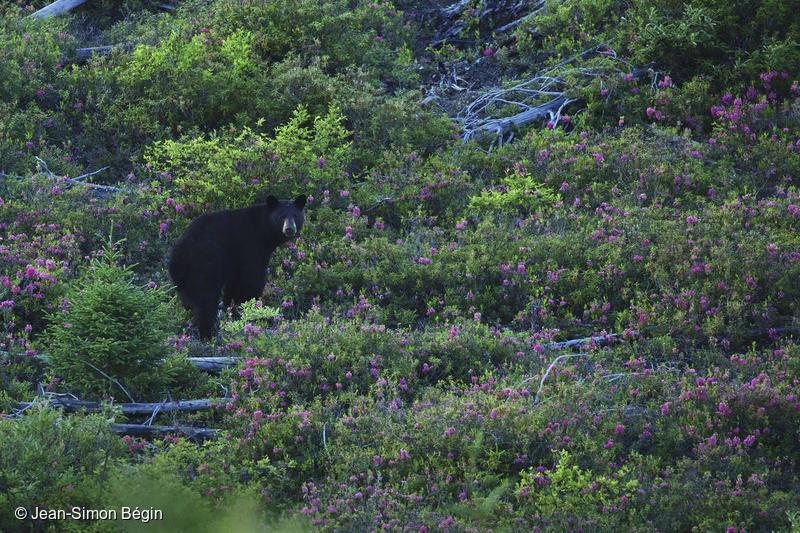If Nature were to stroll into a doctor’s office for a check up today, what do you think the prognosis would be? The symptoms are obvious: polluted life-giving waterways, devastating loss of oxygen-rich forests, loss of the very creatures that make up the web of life at an alarming rate, a skyrocketing temperature that shows no sign of breaking.
The planet is in critical condition. But this isn’t just Earth’s diagnosis – it’s yours, too.
What is biodiversity and why is it important?
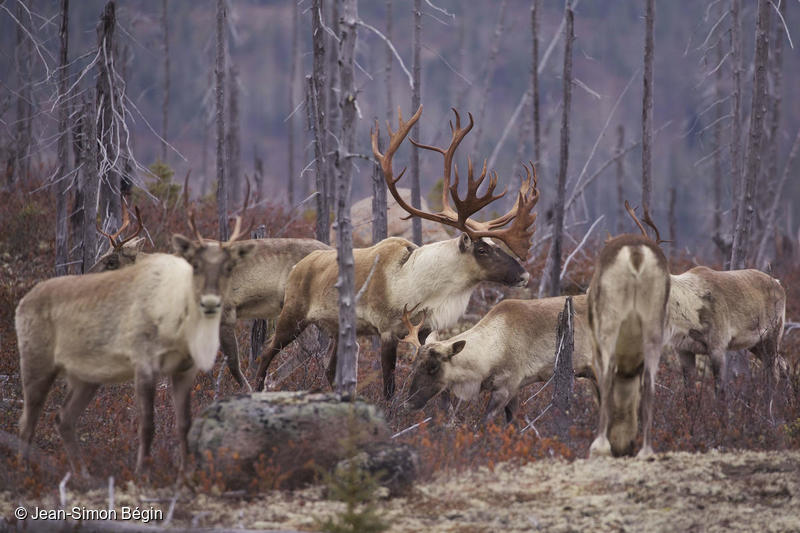
Biodiversity is built from three intertwoven threads:
- ecosystem diversity
- species diversity
- genetic diversity
Put simply, the more diverse these interwoven natural systems are, the more resilient they are to disturbances. The relationships between all living plants and animals create “the web of life”, which can be seen as a safety net that helps ensure the survival and welfare of all living things on this planet, including us humans.
When there’s balance, all these things work together to clean our water, purify our air, maintain our soil, regulate the climate, stop disease outbreaks, recycle nutrients and provide us with food.
But whenever a species disappears it’s like a thread in the web is cut, leaving holes in the planet’s safety net and shifting the finely balanced systems.
For example, corals create habitat for so many marine species that if they disappear, the whole ecosystem can collapse creating a cascade of wildlife mortalities and species loss. That’s exactly what’s happening on Australia’s Great Barrier reef, one of the world’s most diverse reef ecosystems, which has lost more than half of its coral population since 1995 due to mass coral bleaching events and is dying before our eyes.
Just 15% of the world’s forests remain intact, and only 3% of the world’s oceans are free from human pressures. Mainly due to human pressures, the planet is losing species – its biodiversity – at an alarming rate, thought to be comparable only to the 5th mass extinction 65 million years ago.
Here are 5 ways biodiversity supports life on earth:
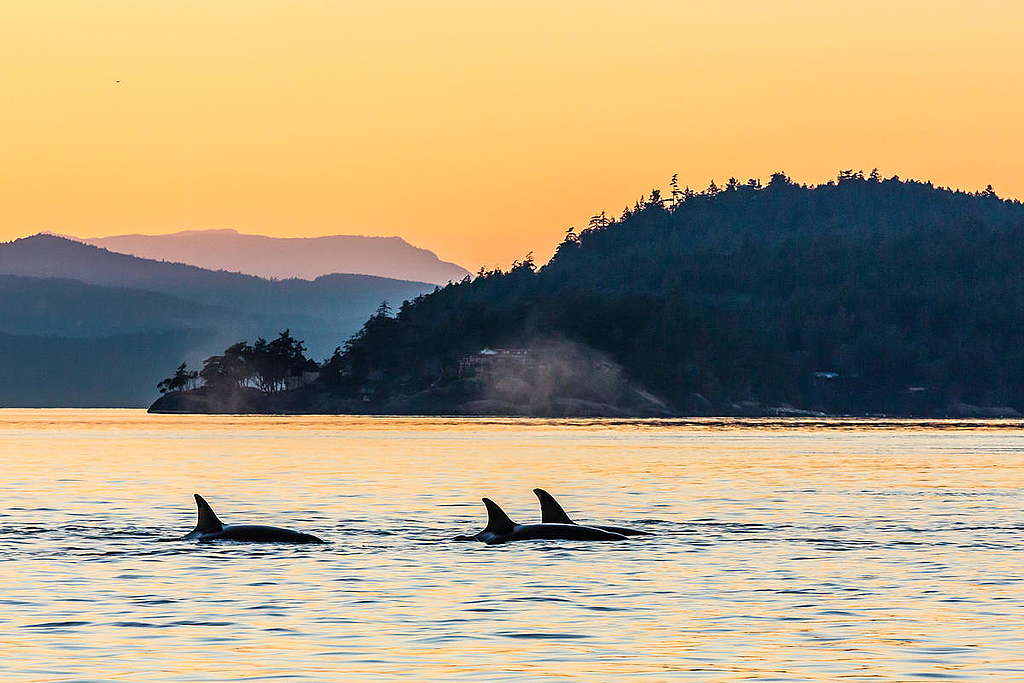
- Nature gives us what we need. Food, clean air, and water are the foundations of life and Earth’s biodiversity has provided civilizations with the essentials we need to survive on this planet.
- Nature protects us. Some of the most important roles of biodiversity are defensive. Our ecosystems help to regulate our climate and insure against disease outbreaks like Covid-19. You might already know that forests are important carbon sinks and essential for fighting the climate crisis, but oceans also play an important role.
- Nature keeps things flowing: Nitrogen and phosphorus are the two primary biological nutrients required by all life on earth that circulate through Earth’s ecosystems. Human activity has so thoroughly disrupted Earth’s natural nutrient cycles that we have degraded soils and created aquatic dead zones.
- Nature nourishes our spirit. As many Indigenous and forest peoples know well, we are part of nature, not apart from it. There are so many spiritual and recreational benefits in nature. Even in western science, the psychological benefits of nature are widely documented.
- Nature could solve future problems. Scientific knowledge continues to grow and evolve. The more that we can keep alive and thriving, the greater that knowledge can be. For example, nature has helped, and continues to help in important medical advances. Nature will also play a leading role in protecting us from the increasing impacts of climate change. For example, keeping healthy, mature forests safe from industrial logging in B.C. will help protect from catastrophic flooding, wildfires, droughts and heat waves caused by climate change, according to a new report.
So what’s destroying our biodiversity?
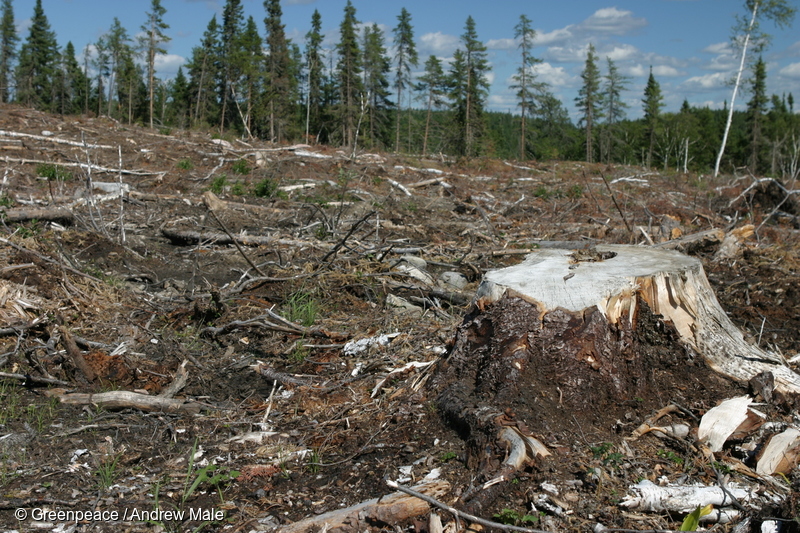
As societies (and economies) have grown, so has their ecological footprint. Extractive capitalism has commodified nature, and caused some to forget its true value. The pursuit of limitless economic growth is a huge source of injustice, exploiting people and the planet alike.
Destructive industries are exerting more pressure on our planet’s web of life ore now than at any other time in human history. Mega corporations are burning polluting fossil fuels, setting forests on fire to clear land for agricultural commodities and single-use products, and are plundering ever deeper and more remote areas of the oceans. They’re also polluting politics and holding our governments hostage in the process.
Rather than working on a solution, governments are propping up the problem. Bailing out pesticide giants and destructive industrial farming with public money, or pumping billions into dirty energy.
The pursuit of limitless growth, on a planet with finite resources, has a predictable end that’s already in sight. So much of the wildlife on this planet is heading for extinction.
How can we save nature – and ourselves?
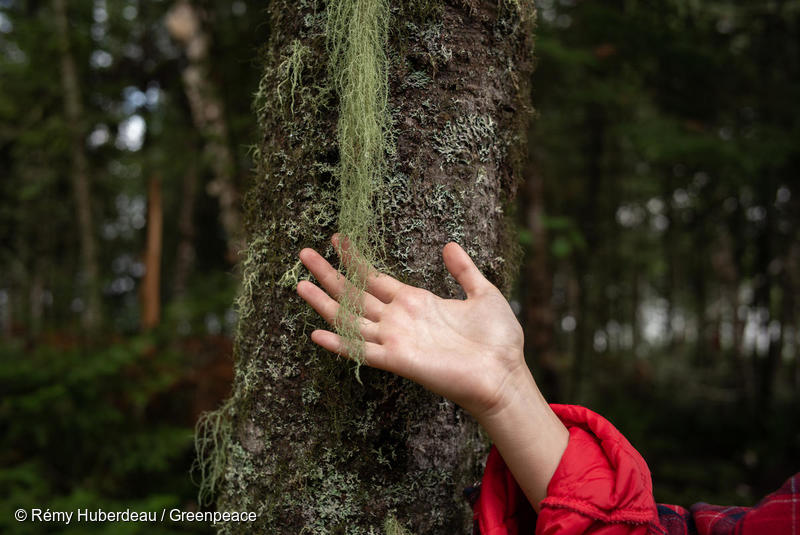
Governments must stop prioritizing corporate profits and rethink the way we produce and consume food and other goods to ease the pressures on nature. Transform our systems to value both people and the planet we rely on, and to put our wellbeing at the heart of spending and policy decisions.
Governments need to restore the balance of power to communities and listen to the Indigenous custodians of lands and oceans. Working in partnership with people who are connected to, and rely on nature, is the surest way to protect wild places.
We need to protect what biodiversity is left, so that it can, to some extent, recover. Funding for carefully crafted Nature-Based Solutions and rights-based protections on land can help tackle climate breakdown, species loss, food security and the risk of future pandemics.
Important global agreements like the Convention on Biological Diversity (CBD) which holds its COP15 meeting in Kunming this year is an opportunity for governments to forge a new relationship with nature. If we protect nature, we can build up resilience to combat climate crises and future epidemics, and help protect people and the planet.
This year, Greenpeace is calling on governments to agree to an ambitious and implementable rehabilitation plan for nature. We’re calling for a commitment to bold targets that protect at least 30% of our lands and oceans by 2030, with a clear plan for how to get there in partnership with local and Indigenous communities, and enough funding and resources to make it happen.
We cannot risk destroying the web of life that sustains us. We are part of nature, and if it disappears, our future will disappear with it. Protecting biodiversity is a way to protect ourselves.
What can you do right now? Protecting what protects us:
The Spring 2021 budget is being designed as you read these words. Finance Minister Chystia Freeland herself has called this ‘the most significant budget of our lifetimes.’ Why? Because the choices we make about where to put our tax dollars today will determine what the world will look like tomorrow.
Right now we have an opportunity to ensure that nature and wildlife protection play a leading role in Canada’s COVID-19 recovery plans. The Federal government has made a commitment to protecting 30% of lands and waters by 2030, but this is the absolute minimum science says is required. Even worse, such commitments are destined to become unfulfilled empty promises without proper planning and funding put in place – both absent from the Fall economic update.
The Spring budget will be a big test for how serious Justin Trudeau is about protecting wildlife right here at home. That means more money for nature jobs, and less for oil pipelines.
How serious are you? Take a minute out of your day on World Wildlife Day to get loud for Nature – Add your voice to the growing calls for a truly green and just recovery in Canada that would include:
- Protection and restoration of land, freshwater, and ocean ecosystems along with the wildlife that call these places home
- A just transition to a sustainable low-carbon economy
- The replacement of toxic chemicals used in agricultural, consumer goods and manufacturing with safer alternatives
- The creation of jobs in green energy and in the Nature protection and restoration sector
